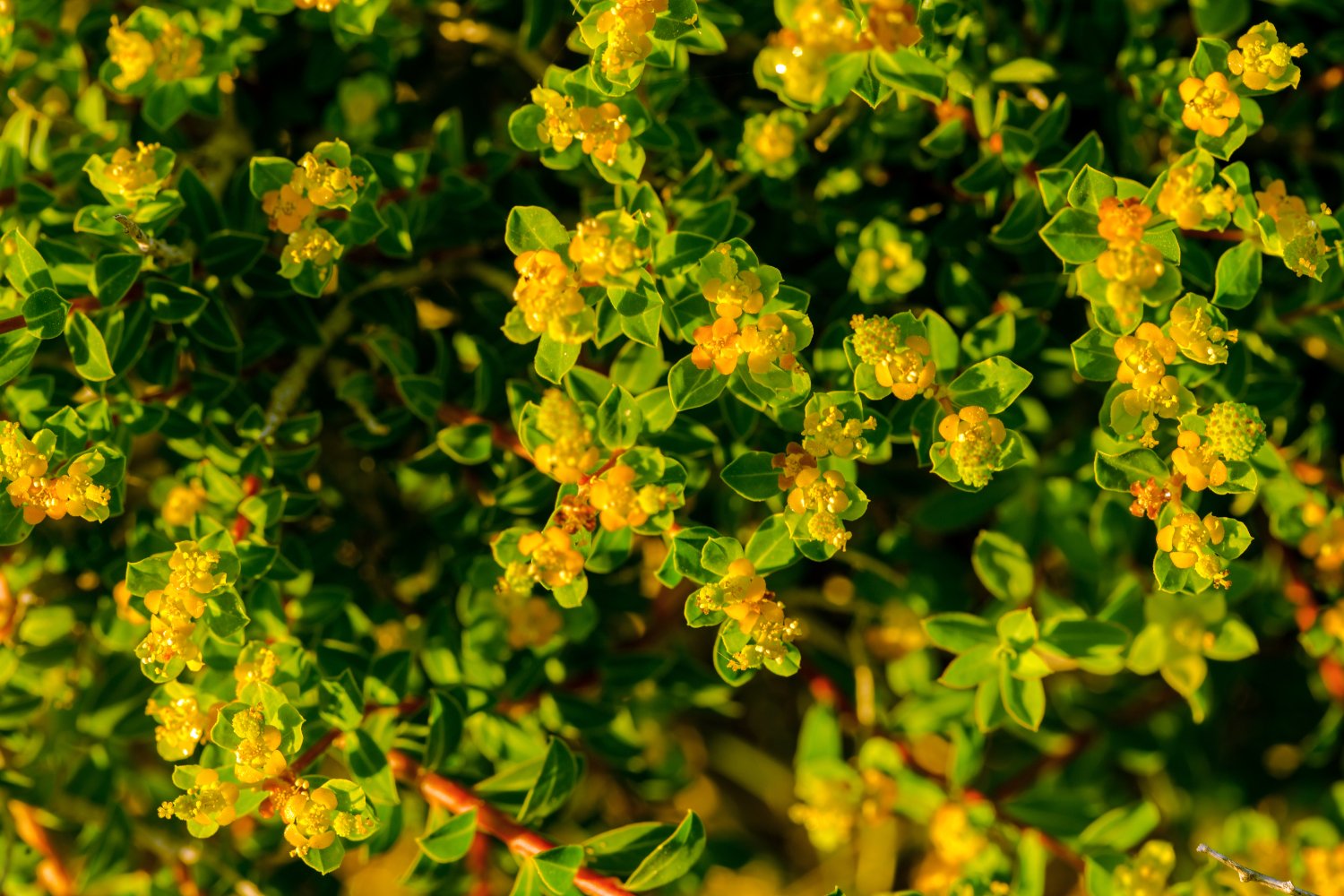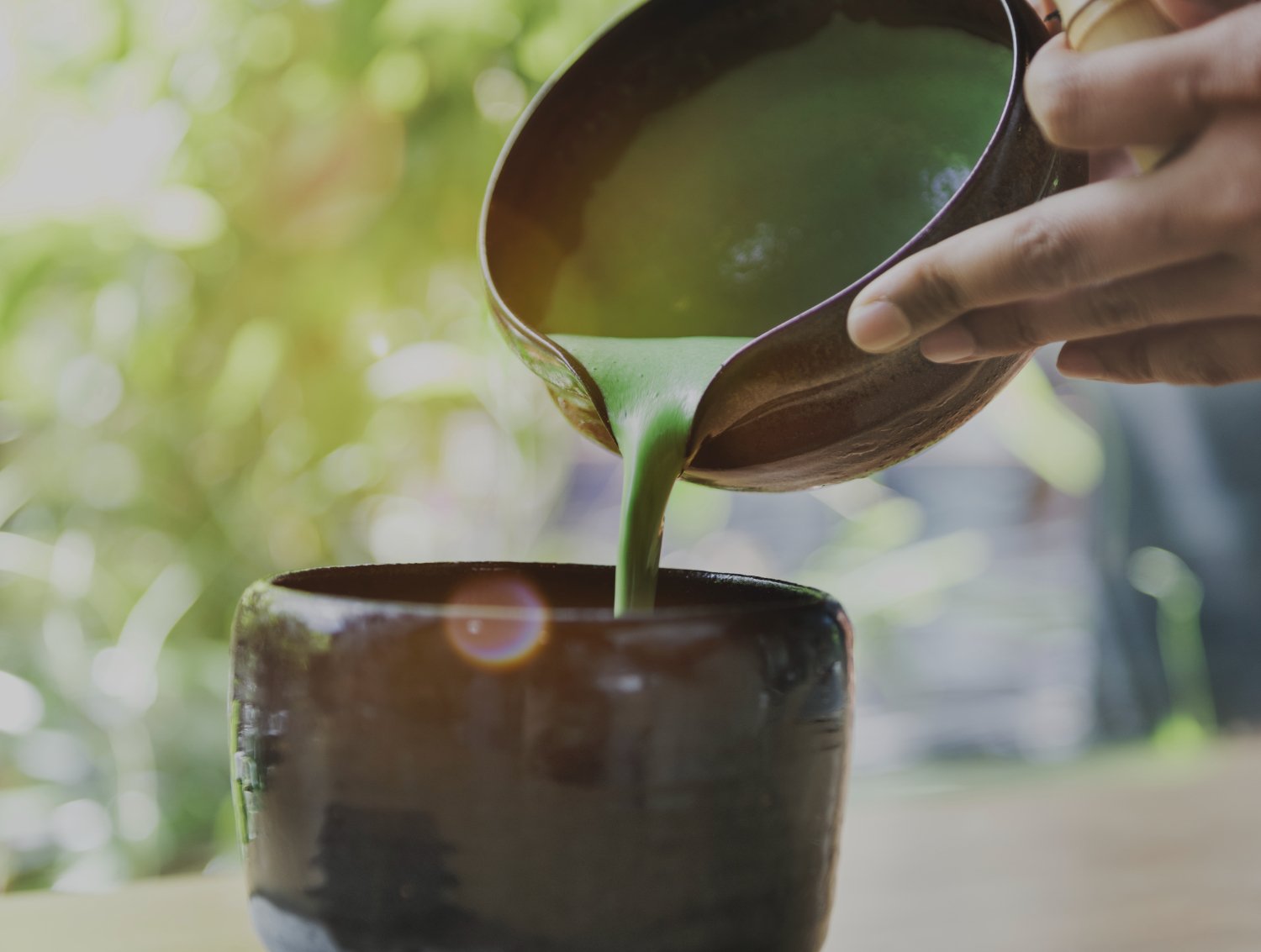Elnių aksomas – tai natūralus papildas, gaunamas iš elnių jauniklių ragų, kurie surenkami dar minkšti ir padengti aksomine medžiaga. Šioje medžiagoje gausu maistinių medžiagų, įskaitant aminorūgštis, mineralus ir augimo veiksnius, todėl ji labai populiari sveikatos ir sveikatingumo srityje.
Jei jus domina elnio aksomas, jis žinomas dėl savo galimos naudos, pavyzdžiui, sustiprėjusio imuniteto ir geresnių sportinių rezultatų.
Tačiau šalia šių patrauklių privalumų yra ir šalutinis poveikis bei atsargumo priemonės, apie kurias turėtumėte žinoti prieš įtraukdami jį į savo kasdienybę.
Šiame pranešime nagrinėsime elnio aksomo veiksmingumą, galimą riziką, susijusią su jo vartojimu, ir tinkamo dozavimo rekomendacijas, kurios padės jums priimti pagrįstą sprendimą.
Naudojimas ir veiksmingumas
Elnio aksomas gali sustiprinti imunitetą ir pagerinti sportinius rezultatus dėl turtingos aminorūgščių, vitaminų ir mineralų sudėties. Jis gali padėti greičiau atsigauti ir sustiprinti raumenis sportininkams ar asmenims, siekiantiems pagerinti fizinę ištvermę.
Be to, jis gali padėti sąnarių sveikatai mažindamas uždegimą ir gerindamas judrumą, o tai gali būti naudinga visiems, kurie jaučia sąnarių diskomfortą.
Tradiciškai elnio aksomas siejamas su lytinio potraukio stiprinimu ir reprodukcinės sveikatos palaikymu, todėl jis yra natūrali alternatyva ieškantiems tokios naudos. Kai kurie vartotojai taip pat mano, kad jis gali turėti senėjimą stabdančių savybių, prisidėti prie sveikesnės odos ir didesnio gyvybingumo.
Jei svarstote apie elnio aksomo vartojimą imuninei sistemai palaikyti, atletiškumui stiprinti ar bendrai gerai savijautai gerinti, prieš pradėdami vartoti bet kokį naują maisto papildą pasikonsultuokite su sveikatos priežiūros specialistu.
Šalutinis poveikis
Elnių aksomas gali sukelti šalutinį poveikį, pavyzdžiui, lengvus virškinimo sutrikimus, įskaitant pykinimą, viduriavimą ar skrandžio spazmus.
Vartotojams taip pat gali pakisti hormonų lygis, todėl gali padidėti dirglumas ar nerimas, ypač tiems, kurie ir taip linkę į nuotaikų svyravimus.
Elnių aksomas gali sąveikauti su tam tikrais vaistais, ypač susijusiais su kraujospūdžiu ar hormonų terapija, todėl prieš pradedant vartoti rekomenduojama pasitarti su sveikatos priežiūros specialistu.
Gali pasireikšti retos alerginės reakcijos, pasireiškiančios tokiais simptomais kaip niežulys, bėrimas ar pasunkėjęs kvėpavimas.
Jei pasireiškia sunkus šalutinis poveikis, nedelsdami nutraukite vartojimą ir kreipkitės į gydytoją. Visada teikite pirmenybę savo gerovei, kai svarstote apie naujus maisto papildus.
Atsargumo priemonės ir įspėjimai
Atsargumo priemonės ir įspėjimai dėl elnių aksomo naudojimo:
Prieš pradedant vartoti elnių aksomą, pasitarkite su gydytoju, nes jis gali sąveikauti su vaistais ir sukelti nepageidaujamą poveikį. Tai ypač svarbu, jei turite sveikatos sutrikimų.
Jei esate nėščia, maitinate kūdikį ar planuojate pastoti, venkite elnienos aksomo, nes jo poveikis vaisiaus ar kūdikio vystymuisi nėra gerai ištirtas.
Asmenys, alergiški gyvūniniams produktams, taip pat turėtų būti atsargūs, nes elnio aksomas gaunamas iš elnio ragų.
Žmonėms, sergantiems hormonams jautriomis ligomis, pavyzdžiui, krūties ar prostatos vėžiu, gali tekti vengti elnio aksomo dėl jame esančių augimo veiksnių, kurie gali pabloginti šias ligas.
Nutraukite vartojimą ir kreipkitės į gydytoją, jei pradėjus vartoti elniarūšio aksomo preparatą atsiranda neįprastų simptomų.
Galiausiai nepamirškite, kad maisto papildai gali būti reguliuojami ne taip griežtai kaip vaistai. Briedžio aksomo produktų kokybė ir grynumas gali smarkiai skirtis tarp skirtingų prekės ženklų, todėl labai svarbu rinktis patikimus šaltinius, kad sumažintumėte galimą riziką.
Dozavimas
Priklausomai nuo konkretaus produkto rekomendacijų, rekomenduojama elninio aksomo dozė gali svyruoti nuo 500 mg iki 3000 mg per dieną. Labai svarbu pradėti nuo mažesnės dozės, kad įvertintumėte savo organizmo reakciją, ir, jei reikia, palaipsniui didinti.
Prieš pradėdami vartoti, pasitarkite su sveikatos priežiūros specialistu, ypač jei turite ankstesnių susirgimų arba vartojate kitų vaistų, nes individualūs poreikiai gali skirtis priklausomai nuo amžiaus, svorio ir bendros sveikatos būklės.
Kai kurie vartotojai gali pastebėti poveikį per kelias savaites, kitiems gali prireikti daugiau laiko. Stebėkite savo pojūčius ir bet kokius jaučiamus pokyčius, prireikus koreguokite dozę pagal rekomendacijas.
Briedžio aksomas gali būti įvairių formų, įskaitant kapsules, miltelius ar tinktūras, kurių kiekviena yra skirtingos koncentracijos. Visada atidžiai skaitykite etiketes ir įsitikinkite, kad perkate iš patikimų šaltinių, kad išvengtumėte užteršimo ar netinkamos kokybės.
Laikydamiesi šių dozavimo rekomendacijų galite saugiai mėgautis potencialia elnių aksomo nauda.
–
Kas yra elnių aksomas ir iš kur jis atsiranda?
Elnių aksomas – tai minkštas kremzlinis audinys, kuris gali augti ant jaunų elnių ragų prieš jiems sukietėjant.
Jis dengia ragus ankstyvuoju augimo etapu, paprastai pavasarį ir vasarą.
Šią unikalią medžiagą pirmiausia galima surinkti iš tokių rūšių kaip taurieji elniai ir briedžiai.
Pavadinimas „aksomas” gali būti kilęs dėl jo purumo, primenančio aksominio audinio tekstūrą.
Tai žavinga natūrali medžiaga, turinti ilgą tradicinės praktikos istoriją .
Kaip tausiai renkamas elnių aksomas?
Kad elnių aksomas būtų renkamas tvariai, gali būti labai svarbu užtikrinti, kad procesas vyktų tausojant gyvūnus ir jų buveines.
Tai reiškia, kad derlius turi būti nuimamas ragų augimo metu, paprastai vėlyvą pavasarį arba vasaros pradžioje, kai aksomas dar minkštas.
Turėtų būti taikomi humaniški metodai, mažinantys elnių stresą, ir gali būti svarbu dirbti tik su licencijuotais ūkiais, kurie laikosi etiškos praktikos.
Parama tokioms operacijoms gali padėti išlaikyti pusiausvyrą tarp laukinių gyvūnų išsaugojimo ir pramonės poreikių.
Ar elnių aksomas gali būti naudojamas naminiams gyvūnams?
Taip, elnio aksomas gali būti naudojamas naminiams gyvūnams, tačiau pirmiausia būtina pasitarti su veterinarijos gydytoju.
Jis gali patarti dėl saugumo ir dozavimo.
Atminkite, kad augintinių sveikata yra unikali ir tai, kas tinka vienam gyvūnui, gali netikti kitam.
Visada teikite pirmenybę savo augintinio gerovei ir venkite duoti jam bet kokių papildų be profesionalių patarimų.
Kokia istorinė elnių aksomo reikšmė tradicinėje medicinoje?
Elnio aksomas gali turėti istorinę reikšmę tradicinėje medicinoje dėl to, kad įvairiose kultūrose jis buvo naudojamas šimtmečius.
Senovės kinų medicinoje jis galėjo būti laikomas stipriu toniku, kuris, kaip manoma, stiprina energiją ir bendrą sveikatą.
Taip pat ir Amerikos indėnų gentys galėjo jį naudoti dėl numanomų gydomųjų savybių.
Ar yra kokių nors specialių mitybos apribojimų vartojant elnių aksomą?
Taip, vartojant „Deer Velvet” reikia atsižvelgti į tam tikrus mitybos apribojimus.
Patartina vengti stipraus alkoholio ir per didelio kofeino kiekio, nes jie gali trukdyti absorbcijai ar poveikiui.
Jei esate alergiškas, patikrinkite, ar papildo sudėtyje nėra gyvūninės kilmės produktų ar užpildų, galinčių sukelti reakciją.
Visada klausykite savo organizmo ir atitinkamai koreguokite mitybą, kad užtikrintumėte geriausią įmanomą bet kokio pasirinkto maisto papildo vartojimo patirtį.





